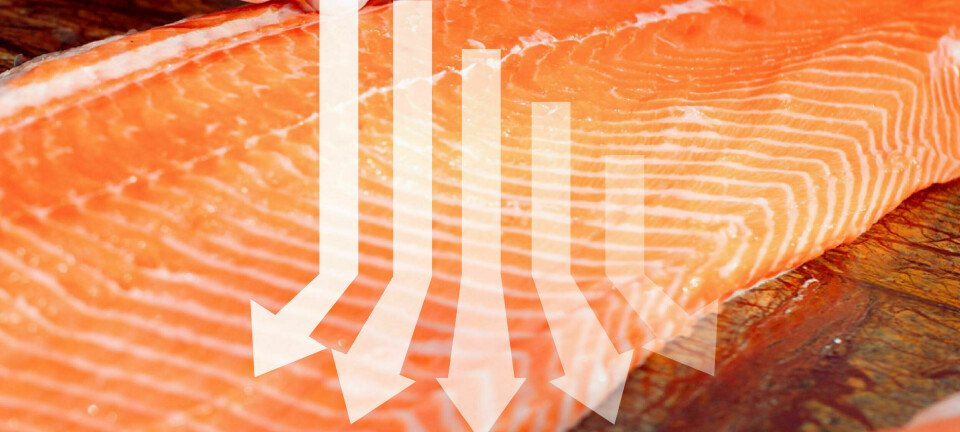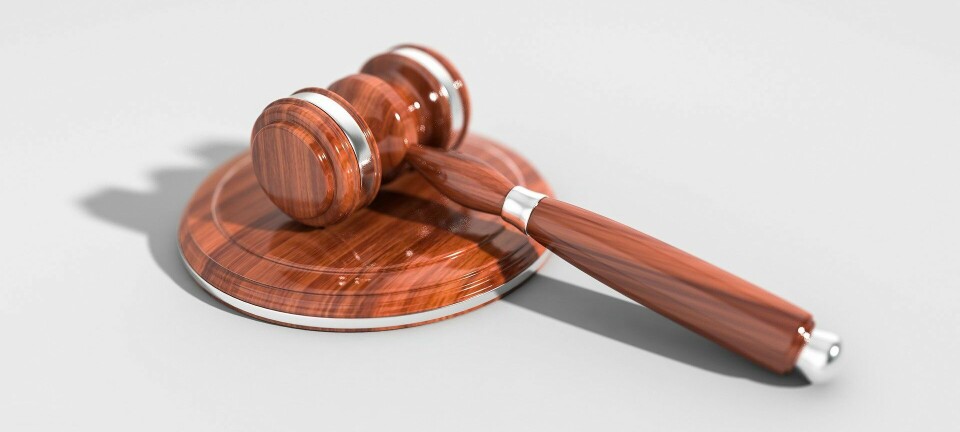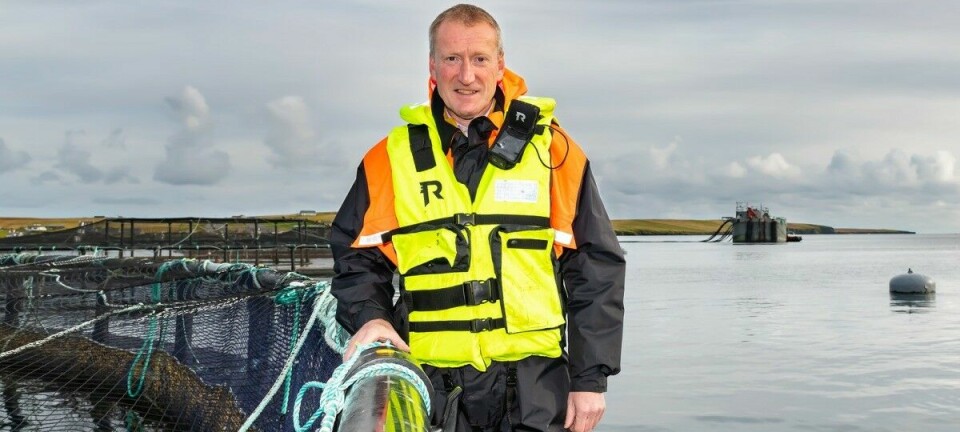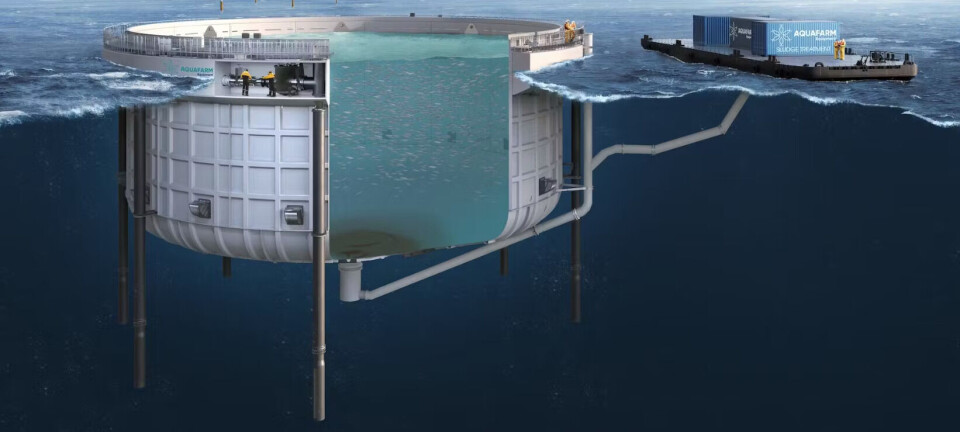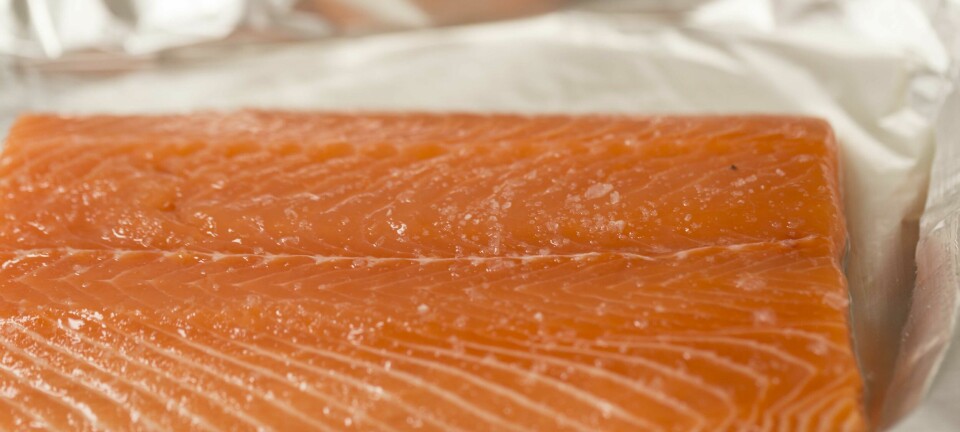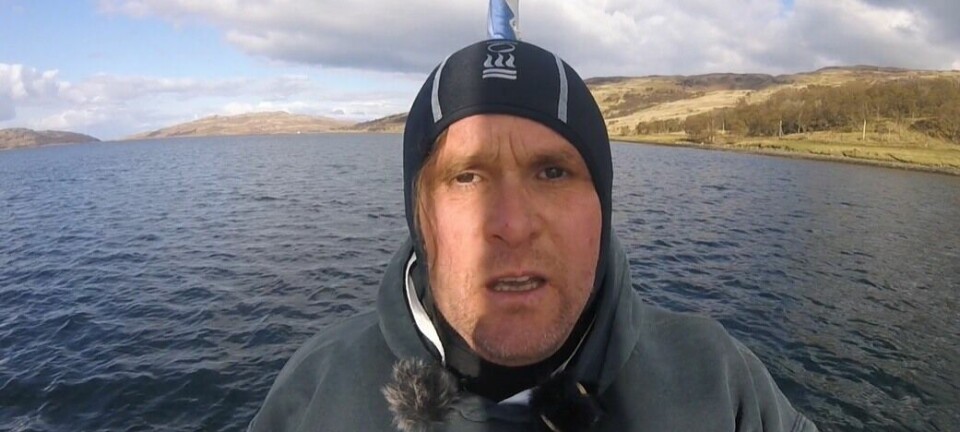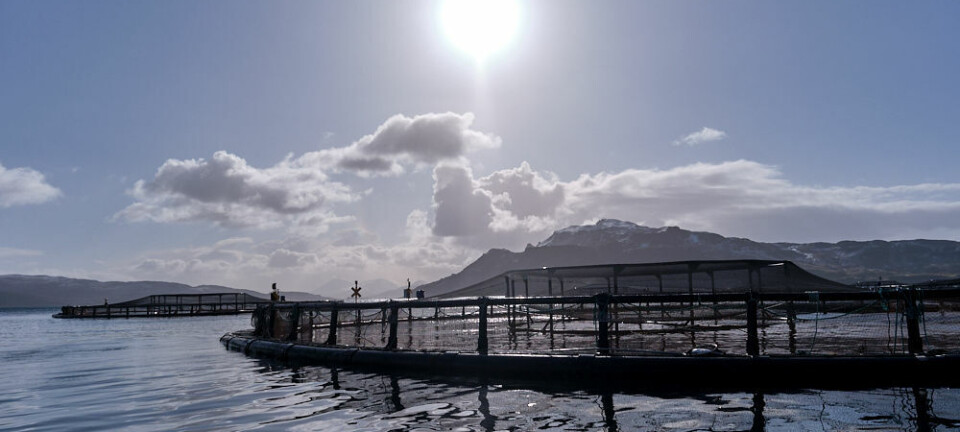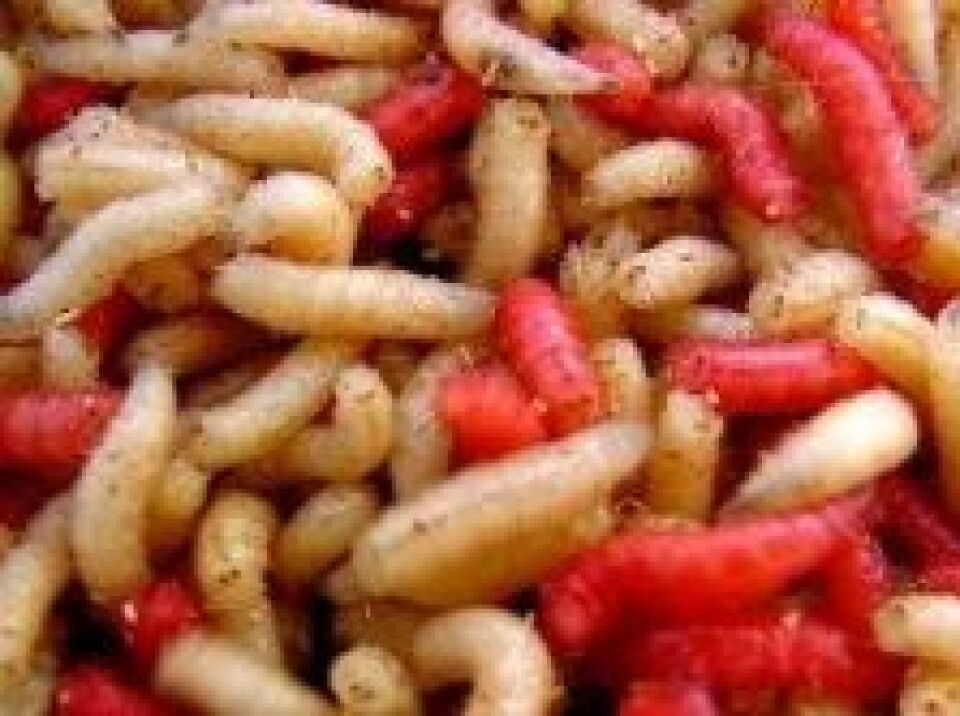
The future of feed?
Odd Grydeland
The Enterra Feed Corporation has been in business for some time, and it has enjoyed a lot of support from environmentalists who have expressed concerns about the aquaculture industry’s use of wild fish resources for the production of food for species like salmon, shrimp, bass and bream. One of the products offered by the company is Enterra MealTM, which is stated to have the following composition:
- Protein: 60%
- Fat: 15%
- Ash: 10%
- Carbohydrates: 15%
- Energy: 1,800 to 2,200 kJ/100g
The Enterra Feed Corporation claims that: “More than 30% of the world’s food supply is wasted and sent to landfills or composting facilities before reaching the consumer, a considerable loss of valuable complex nutrients. At the same time, rising global demand for high quality nutrient sources such as fish and poultry places increased pressure on food supply and production costs”.
As Randy Shore of the Vancouver Sun explained earlier this week, Enterra is now the beneficiary of another investor:
A second angel investor has committed $5 million (~€3.4 million) to help commercialize a Vancouver firm’s technology for converting food waste into feed for farmed salmon and chickens using fly larvae. The funds from U.K.-based Wheatsheaf Investments will finance the expansion of Enterra’s pilot facility in Langley. Wheatsheaf will receive a 20-per-cent stake in the company in exchange for its investment. Enterra secured an earlier investment of $5 million by Calgary-based Avrio Capital in exchange for a 30-per-cent equity stake. “Wheatsheaf is looking at the world with a long-term vision of food security, safe drinking water and agricultural technology, so we tick all their boxes,” said Enterra CEO Brad Marchant.
Marchant developed the idea for producing feed and fertilizer from waste in conversation with his fishing partner David Suzuki, a well-known scientist and television personality. Suzuki donated his share of the company to the David Suzuki Foundation. Using a feed derived from food waste eliminates one of the most pressing environmental complaints about salmon aquaculture, namely the use of wild caught fish as feed for farmed fish.
Enterra takes fruit and vegetable waste from grocers and food processors — including Overwaitea Food Group and Sun Processing — combines it with a small amount of fish trim and waste bread and feeds it to the larvae of the black soldier fly, a common insect indigenous to North America. The larvae consume each successive wave of waste in about three hours, so it never has time to decay. After two weeks the larvae are cleaned, cooked, dried and ground into meal. The end products include meal that is about 60 per cent protein and oils, both suitable for fish or poultry feed. The larvae castings are being tested as fertilizer by local farmers.
The new funds will help Enterra complete commissioning its 56,000-square-foot Langley facility, expand production and begin selling feed on a commercial scale. “We are ready to start testing how everything works at a very large scale,” said Marchant. The firm has received permission to sell feed in Washington, Oregon and Idaho. It is still working on permissions in California and Utah and has an application pending with the Canadian Food Inspection Agency for permission to sell products in Canada.




